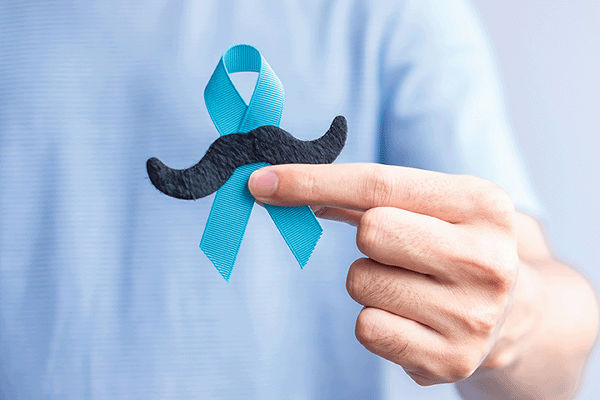Is Reverse Health Legit – A Detailed Overview!
Introduction
With the rise of digital health and wellness platforms, many people are turning to online programs for weight loss, nutrition, and lifestyle guidance. One such platform that has gained attention is Reverse Health, which claims to provide personalized health plans for women, particularly those over 40. But with so many options available online, it’s natural to ask: Is Reverse Health legit?
This article explores Reverse Health’s offerings, credibility, user experiences, and whether it’s worth trying.
What is Reverse Health?
Reverse Health is an app-based nutrition and lifestyle program tailored to women, especially those in midlife who face unique health challenges. The program focuses on:
- Personalized meal plans
- Weight management strategies
- Hormone and metabolism support
- Fitness and wellness guidance
Unlike generic diet apps, Reverse Health claims to address age-specific needs, such as slowing metabolism, hormonal changes, and difficulty maintaining long-term weight loss.
How Does Reverse Health Work?

The program begins with a short online quiz where users provide details about their age, weight, lifestyle, and goals. Based on this information, the app generates:
- Custom nutrition plans
- Recommended exercise routines
- Daily progress tracking tools
- Access to a supportive online community
Users can download the Reverse Health app and subscribe for a monthly or yearly fee.
Is Reverse Health Legit?
1. Credibility
Reverse Health has a strong digital presence and is used by thousands of women worldwide. The program was designed by health and fitness experts, which gives it more credibility than random “fad diets.”
2. Transparency
The app clearly explains how it works, what users will get, and the subscription pricing. However, some users online have mentioned that cancellation policies can be confusing, so it’s best to read the terms carefully.
3. User Reviews
- Positive Feedback: Many women report improved energy levels, weight loss, and better eating habits.
- Negative Feedback: Some users feel the program is expensive compared to free alternatives, and others mention difficulty canceling subscriptions.
4. Expert Opinions
While not a substitute for professional medical advice, Reverse Health aligns with basic nutrition principles, making it more credible than extreme diet plans.
Pros and Cons of Reverse Health
✅ Pros
- Tailored for women over 40
- Focuses on long-term lifestyle changes
- Personalized meal and fitness plans
- Community support and accountability
❌ Cons
- Subscription-based (not free)
- Cancellation process may be tricky
- Not a replacement for medical advice
- Results vary by individual
Who Should Try Reverse Health?
Reverse Health may be a good option for:
- Women struggling with weight management after 40
- Those looking for structured meal and fitness plans
- People who prefer app-based coaching and accountability
It may not be ideal for:
- Those on a tight budget
- Individuals with serious medical conditions requiring direct medical supervision
FAQs About Reverse Health
Q1. How much does Reverse Health cost?
Reverse Health typically charges a subscription fee, which may vary depending on whether you choose monthly or yearly plans.
Q2. Is Reverse Health safe?
Yes, the program is generally safe, but anyone with health conditions should consult a doctor before starting.
Q3. Can I cancel Reverse Health anytime?
Yes, but some users report difficulties, so ensure you follow the cancellation steps outlined in the app.
Q4. Does Reverse Health offer a free trial?
Currently, Reverse Health does not widely advertise a free trial, but occasional promotions may be available.
Q5. Is Reverse Health only for women over 40?
While designed for midlife women, others can also use the program. However, its focus is on challenges women face during and after perimenopause.
Conclusion
So, is Reverse Health legit? Yes – it is a legitimate program that has helped many women adopt healthier habits. While it may not be perfect and is not a substitute for professional healthcare, it provides structured support and resources tailored to women’s unique needs. If you’re considering it, weigh the cost vs. benefits, read the cancellation terms carefully, and remember that consistency is key to lasting results.






